The economic growth of the country not only depends on natural resources, technology and capital but mainly on the quantity and quality of manpower. By quality of manpower, we mean the efficiency and productivity of work force.
The efficiency of the manpower depends on many important factors one of which is education. Adequate investment in this field will increase the productivity and efficiency of the manpower. Economists call it ‘human capital formation’. By human capital we mean “the body of knowledge attained by the population and capacity of the population to use the knowledge effectively”. The well educated and properly trained manpower can accelerate the pace of economic development.
Despite our best efforts, our educational development still remains at a low level and face a lot of challenges like Expensive higher education, Neglect of Indian languages, Mass illiteracy etc. Thus to overcome such challenges The Government of India released The National Education Policy (NEP) 2020. The policy is based on the pillars of “Access, Equity, Quality, Affordability, Accountability” and will transform India into a vibrant knowledge hub
India’s first Education Policy was passed and implemented in 1986. After thirty-four years, the National Education Policy (NEP) for India has been updated, revised and approved on 29 July 2020. The policy signifies a huge milestone for India’s Education system, which will certainly make India an attractive destination for higher education world-wide.
The new policy focuses more on critical thinking than rote learning. It is design to be more enquiry driven , discovery oriented , discussion based and more flexible. One of the key highlights of this policy is that it introduces 5+3+3+4 education system corresponding to ages 3-8, 8-11 , 11-14 and 14-18 respectively compared to from traditional 10+2. The policy gives due importance to all the local languages by advocating the use mother tongue as the medium of instruction , however it does not mandate the use. It initiates vocational education along with internships from class 6 , and setting equal standards and accreditation for both private and public institutes. The elimination of rigid streams in secondary education will ensure that no career option is restricted to students due to subject specialization.
An approach of skill-based learning from an early foundation level of academics will help learners identify skill sets much earlier thereby empowering students to be future ready. The idea to remove board exams for class 10 shall take off unnecessary stress from school children. The focus on the learning outcome along with a sea-change in the examination system. It shall bring a change in the mind-set around the rat-race to just get marks. It will also bring the presently uncovered age group of 3-6 years under the schooling system which is the crucial stage for development of a child. Pedagogical research has established beyond much doubt that children learn best if they learn in their mother tongue (or local language) in the primary classes. This does not mean that children should not learn English, it only means that English should not be the medium of instruction in the primary years. Integration of creative combinations of subjects, specialised learning, character development, blended learning, interdisciplinary methods, and flexible curriculums will help strengthen emotional intelligence, critical thinking and problem-solving skills of students. With quickly changing ecosystem it is becoming more important that children learn how to learn.
Though the policy ensures better education to each and everyone I believe, there still lies challenges in terms of implementation at the root level. We will have to change the way teachers are being trained. They will have to be of a different quality—teachers will have to keep taking exams at every stage. Changing the mindset of parents with regards to better career options for their children can be a major challenge.
The policy has potential to positively impact the current education system, if implemented correctly.
Aashlesha Raut
Content Writing intern, Budding Dentist

Leave a Reply